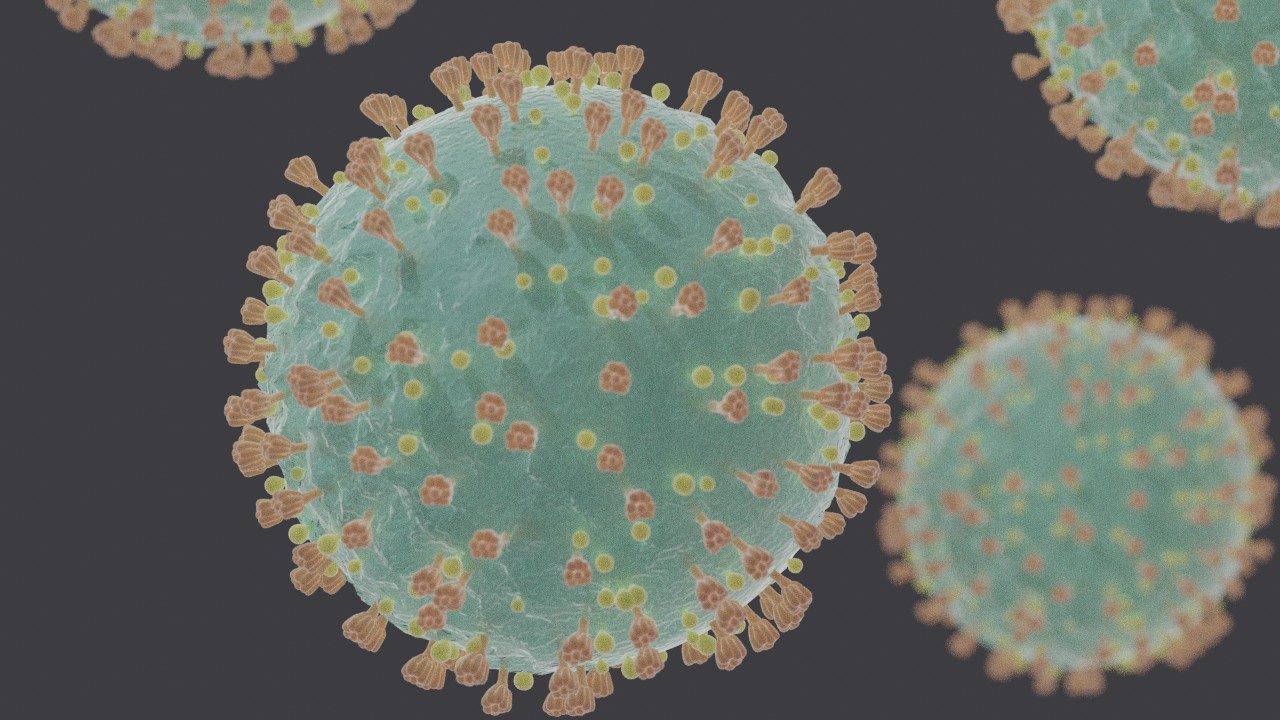Although the first case of COVID-19 in the U.S. was confirmed on Jan. 21, 2020, it wasn’t until March when the novel coronavirus upended life for most Americans. Throughout the year, states issued stay-at-home orders, closed schools, restricted travel, issued mask mandates, and changed election dates.
Here are the policy changes that happened July 20-24, 2020.
Monday, July 20, 2020
- Stay-at-home orders and reopening plans:
- Washington Gov. Jay Inslee (D) reduced the limit on gatherings in counties in Phase 3 of the state’s reopening plan from 50 people to 10. Inslee also issued a statewide ban on live music, including drive-in concerts and in restaurants.
- Travel restrictions:
- Connecticut Gov. Ned Lamont (D) announced that all incoming travelers must fill out an online travel health form before arriving. Lamont said visitors could be subject to a $1,000 fine if they fail to fill out the form or quarantine.
- Kentucky Gov. Andy Beshear (D) issued a travel advisory requesting that visitors from nine states self-quarantine for 14 days upon arrival. Officials said the advisory was not a requirement. The nine states in the advisory included Alabama, Arizona, Florida, Georgia, Idaho, Nevada, Mississippi, South Carolina, and Texas.
- Election changes:
- Vermont Secretary of State Jim Condos (D) directed the state to send mail-in ballots automatically to every active registered voter in the Nov. 3 general election.
- United States District Court for the District of Maryland Judge Richard Bennett ordered that the nomination petition signature requirement for unaffiliated candidates in Maryland be reduced by 50 percent.
- Federal government responses:
- President Donald Trump (R) announced that he would resume his daily coronavirus briefings. He discontinued the briefings in late April.
- Mask requirements:
- Arkansas Gov. Asa Hutchinson (R) signed an executive order that required individuals to wear masks in public when social distancing was not possible.
- School closures and reopenings:
- The Colorado Department of Education released guidance for reopening public schools for the 2020-2021 school year. The guidelines contained separate criteria for elementary schools and secondary schools, but left decisions about start dates and remote learning to local districts.
- State court changes:
- North Carolina Supreme Court Chief Justice Cheri Beasley extended emergency directives that included the suspension of jury trials for another 30 days.
Tuesday, July 21, 2020
- Travel restrictions:
- Govs. Ned Lamont (D-Conn.), Phil Murphy (D-N.J.), and Andrew Cuomo (D-N.Y.) announced that Alaska, Delaware, Indiana, Maryland, Missouri, Montana, North Dakota, Nebraska, Virginia, and Washington had been added to the joint travel advisory. Travelers from those states were required to quarantine for 14 days upon entering Connecticut, New Jersey, or New York. The governors removed Minnesota from the list, bringing the total to 31 states.
Evictions and foreclosure policies:
- Massachusetts Gov. Charlie Baker (R) extended the statewide moratorium on evictions and foreclosures an additional 60 days. The moratorium was set to expire on Oct. 17.
Wednesday, July 22, 2020
- Travel restrictions:
- Ohio Gov. Mike DeWine (R) issued a travel advisory asking travelers from states reporting positive coronavirus testing rates of 15% or higher to self-quarantine for 14 days. DeWine said the advisory was not a mandate. The states affected by the advisory were Alabama, Arizona, Florida, Georgia, Idaho, Mississippi, Nevada, South Carolina, and Texas.
- Federal government responses:
- Pharmaceutical company Pfizer and biotechnology company BioNTech announced that they had entered into a $1.95 billion deal with the U.S. Department of Health and Human Services and the Department of Defense to supply 100 million doses of a coronavirus vaccine to Americans by the end of 2020.
Thursday, July 23, 2020
- Federal government responses:
- Health and Human Services Secretary Alex Azar renewed the federal public health emergency originally issued in late January. The emergencies lasted for 90 days.
- Mask requirements:
- Ohio Gov. Mike DeWine signed an order requiring individuals over the age of 10 to wear face coverings in indoor non-residential locations and outdoors when unable to practice social distancing.
- School closures and reopenings:
- Arizona Gov. Doug Ducey (R) ordered public schools to reopen for on-site learning on Aug. 17 for students who have nowhere else to go. Superintendent Kathy Hoffman clarified that the order meant each school district must open at least one site for students to go, but did not have to open every school or require every teacher to work in-person.
- New Mexico Gov. Michelle Lujan Grisham (D) announced schools would not be able to open for in-person instruction until after Sept. 7. However, after that date, the decision to resume in-person instruction would be left up to individual districts.
Friday, July 24, 2020
- Travel restrictions:
- The Pennsylvania Department of Health added Wyoming and Missouri to the state’s travel advisory, bringing the total number of states on the list to 20. Travelers from states on the list were advised to quarantine for 14 days upon arrival.
- Federal government responses:
- A federal eviction ban created as part of the federal Coronavirus Aid, Relief, and Economic Security (CARES) Act, the $2.2 trillion bill signed into law in March, expired. The ban applied only to tenants in federally assisted properties.
- Mask requirements:
- Oregon Gov. Kate Brown (D) updated her statewide mask mandate to include children five years and older.
- Lawsuits about state actions and policies:
- The U.S. Supreme Court rejected a Nevada church’s request for permission to hold in-person services larger than those allowed under Gov. Steve Sisolak’s (D) executive order. The court split 5-4 in the decision, with Justices Alito, Thomas, Kavanaugh, and Gorsuch dissenting. The majority did not comment, a common practice when acting on emergency applications.
For the most recent coronavirus news, including the latest on vaccines and mask mandates, subscribe to our daily newsletter, Documenting America’s Path to Recovery.


